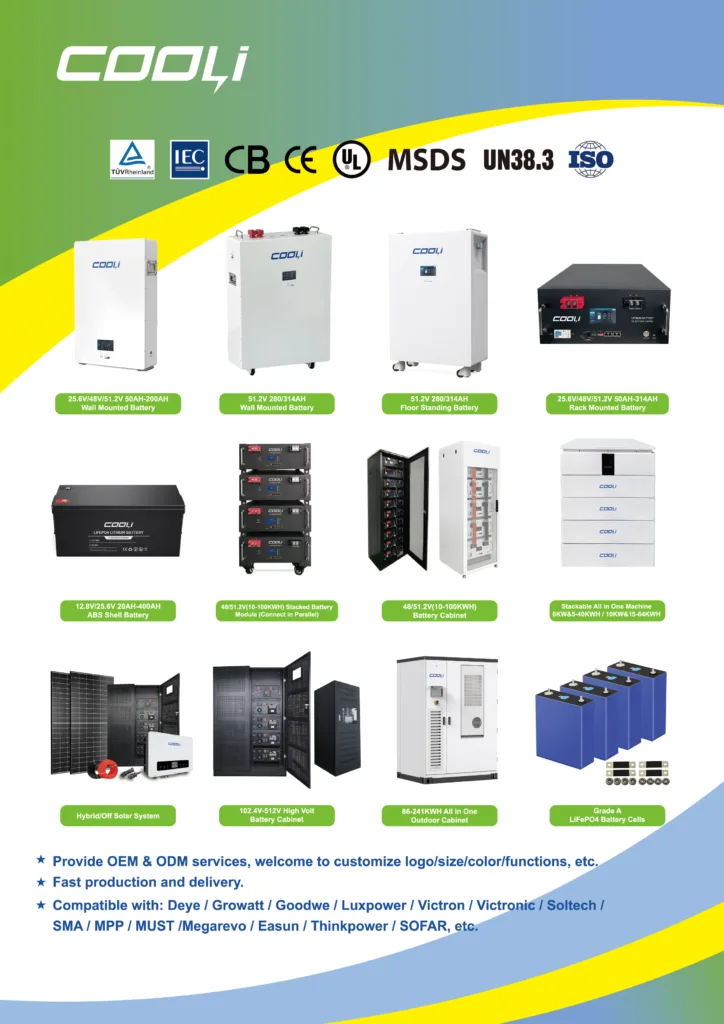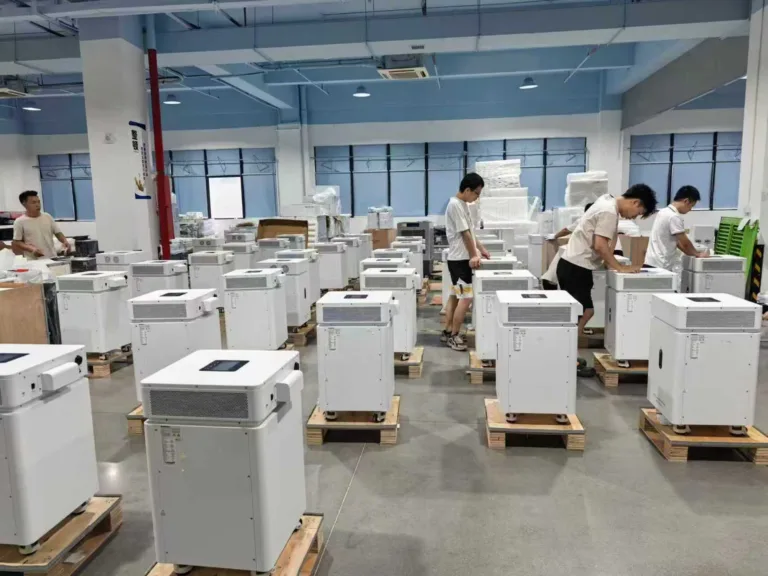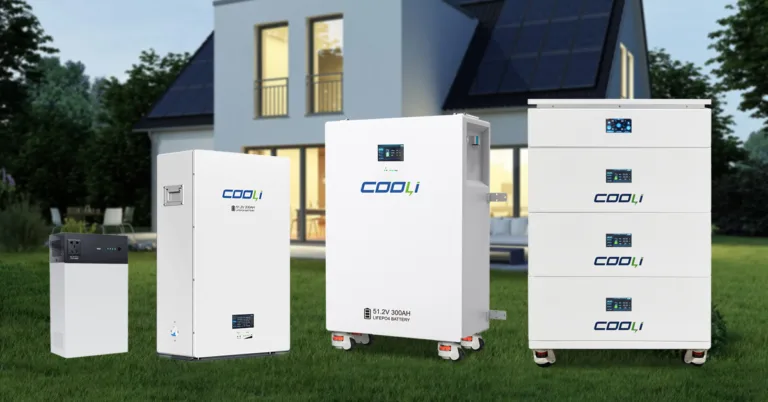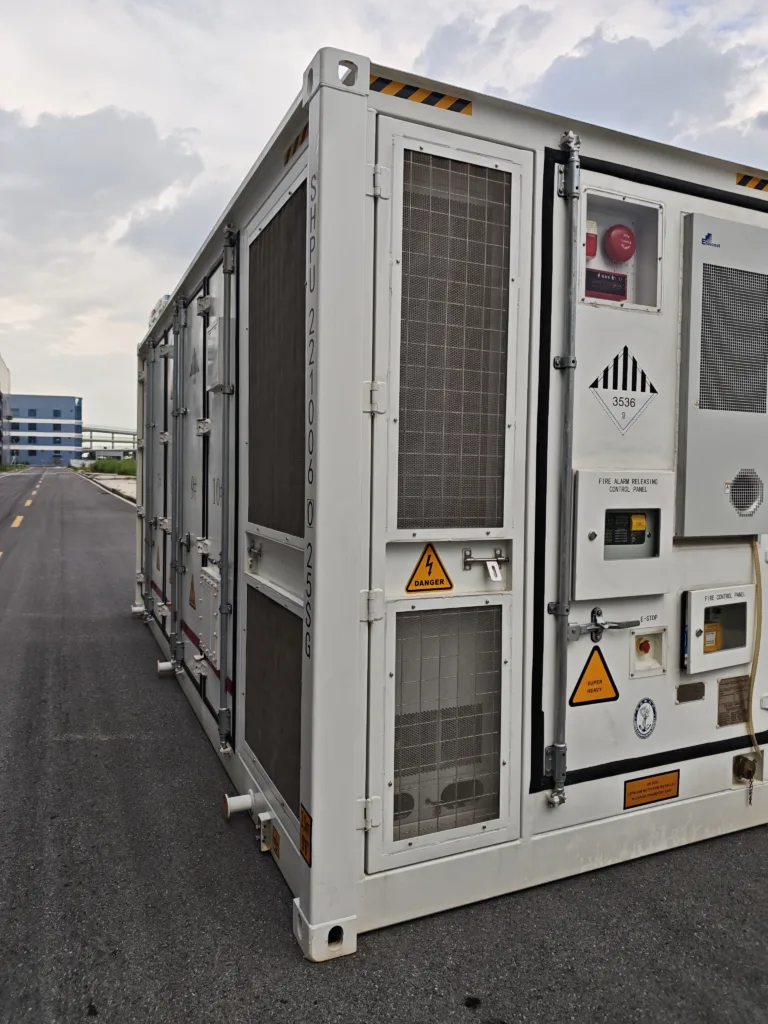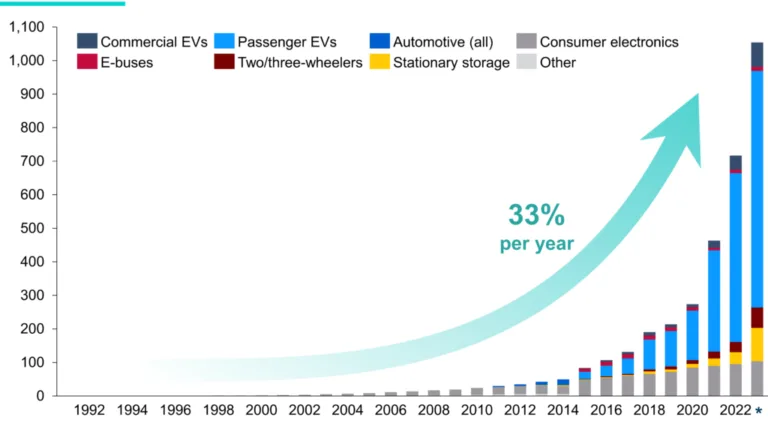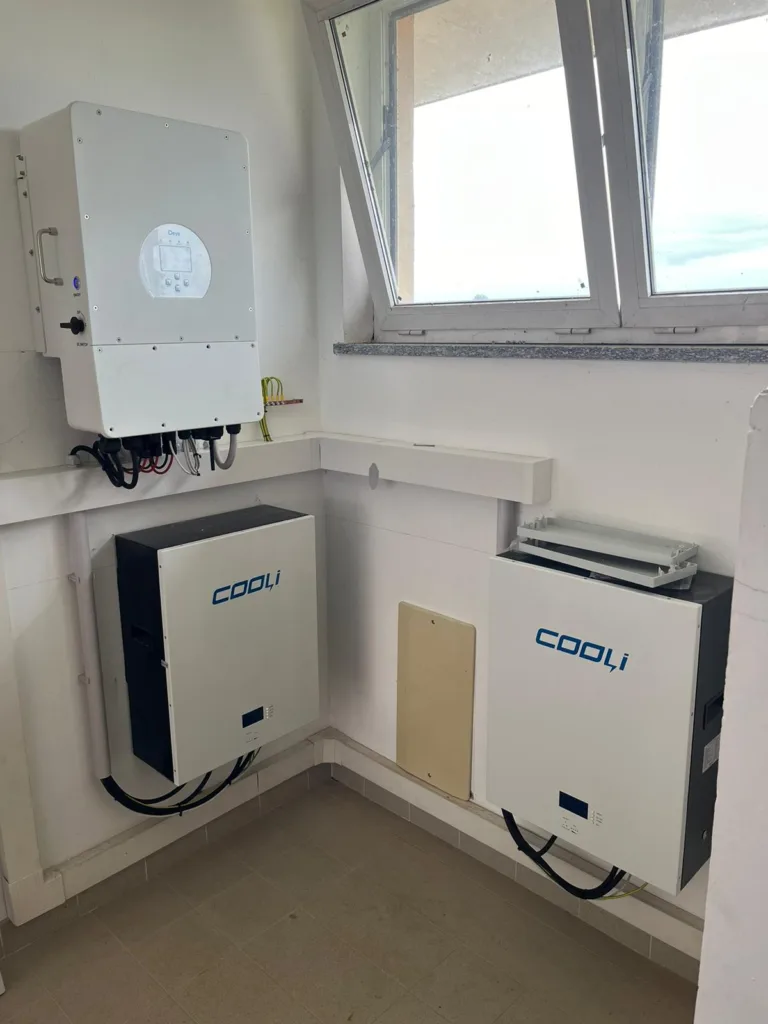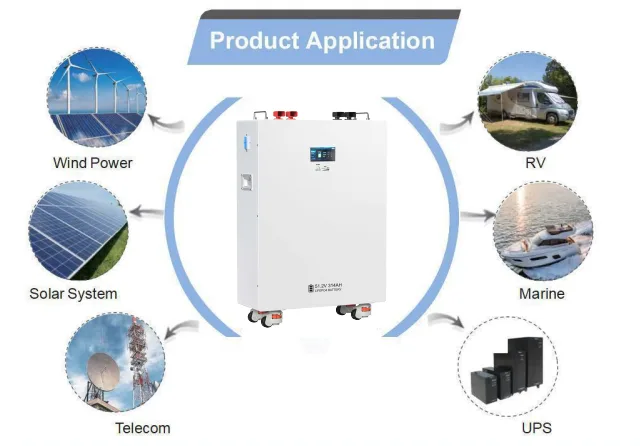Harnessing the Sun Day and Night: A Simple Guide to Solar Energy Storage
Have you ever wondered how you can use solar power when the sun isn’t shining? The secret lies in solar energy storage. Let’s break down how it all works.
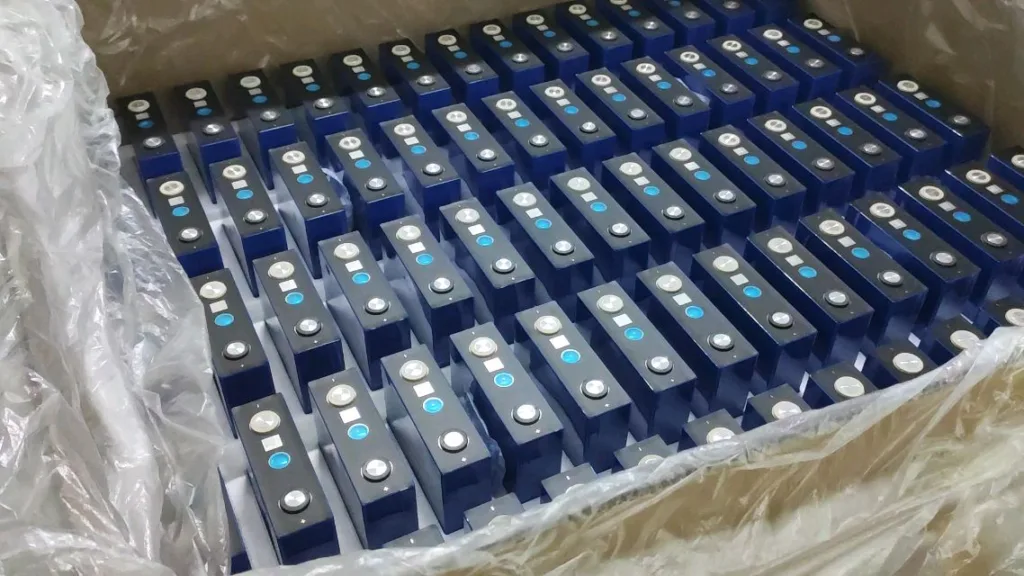
What is a Solar Energy Storage System?
Simply put, a solar energy storage system is like a giant battery for your home or business. If you have solar panels, they create electricity when the sun is out. Sometimes, they make more power than you can use immediately. Instead of sending that extra electricity back to the grid, you can store it in a battery system to use later—like at night or on a cloudy day.
The most common type of battery used today is the Lithium-ion battery (similar to the battery in your phone, but much larger and more powerful).
How Does Solar Energy Storage Work?
The process is straightforward:
- Capture: Your solar panels absorb sunlight and convert it into Direct Current (DC) electricity.
- Convert: An inverter turns this DC electricity into Alternating Current (AC), which is the type used by your home’s appliances and outlets.
- Power Your Home: This AC electricity powers your home in real-time.
- Store the Extra: Any extra electricity that you don’t use right away is sent to charge your battery storage system (it gets converted back to DC for storage).
- Use on Demand: When your solar panels aren’t producing energy (at night), the stored DC energy in the battery is pulled out, converted back to AC by the inverter, and powers your home.
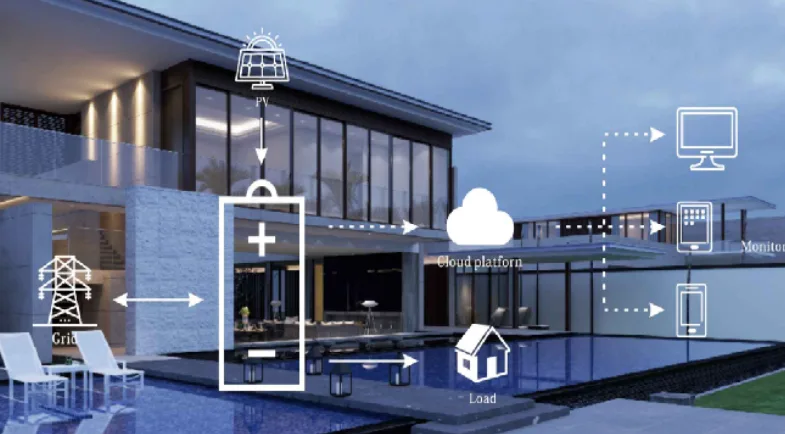
What Are the Pros and Cons of Solar Batteries?
Advantages:
- Power at Night: The biggest benefit! You can use your clean, self-generated solar energy 24/7.
- Save Money: By using more of your own solar power and less from the utility company, your electricity bills can be much lower.
- Backup Power: If there’s a power outage in your area, a solar battery can keep your lights and essential appliances running.
- Good for the Planet: It maximizes your use of renewable energy, reducing reliance on fossil fuels.
Disadvantages:
- High Upfront Cost: Buying and installing a battery system adds a significant cost to a solar panel setup.
- Limited Storage: Batteries can only store a finite amount of energy. If you have several cloudy days in a row, you might still need power from the grid.
- Lifespan: Batteries degrade over time and typically need to be replaced after 10 to 15 years.
- Space: They require some physical space for installation, usually in a garage or basement.
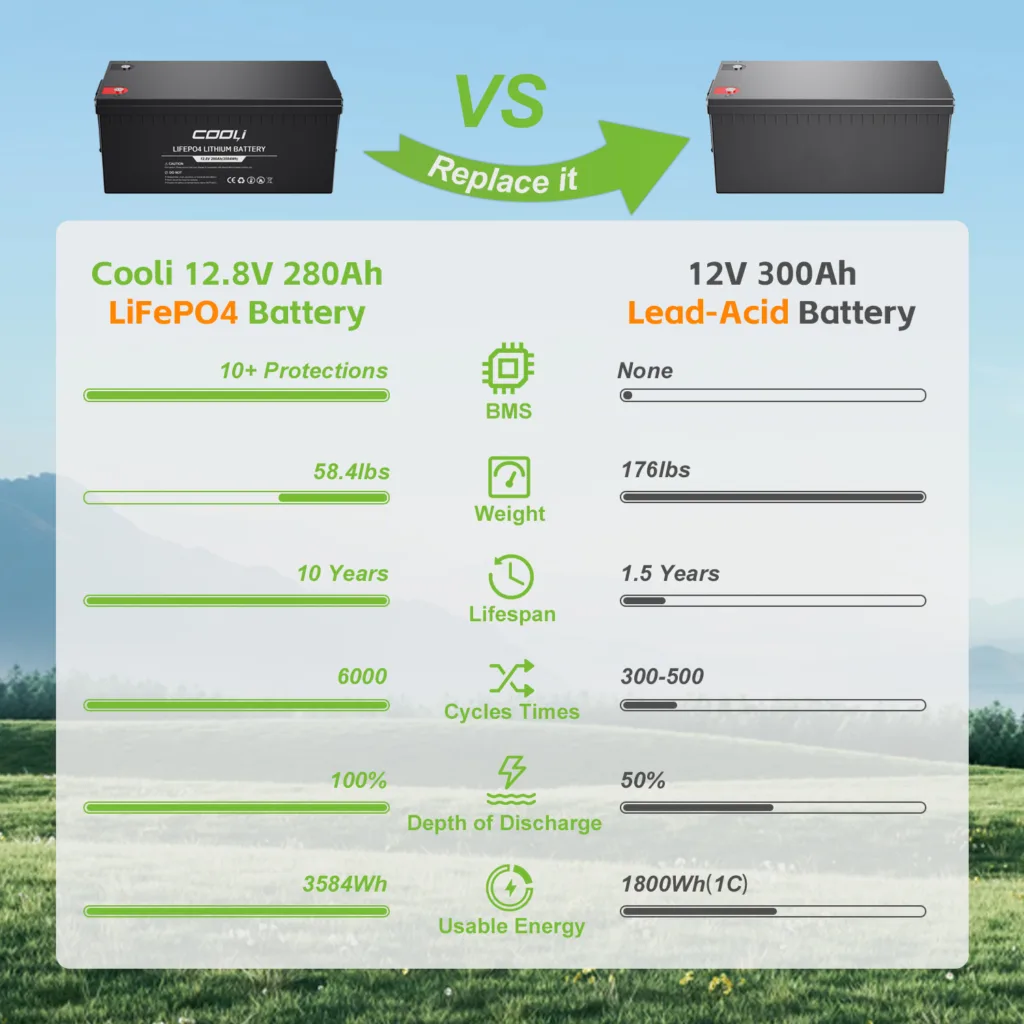
How Long Can a Solar Battery Power a House at Night?
This is a common question, but there’s no single answer. It completely depends on:
- The Capacity of Your Battery: How much energy can it store? This is measured in kilowatt-hours (kWh). A larger battery can power more for longer.
- Your Home’s Energy Consumption: How much electricity do you use at night? Do you run the air conditioner, heater, and dishwasher, or just a few lights and the refrigerator?
On average, a typical home battery system (like a 10 kWh battery) can power essential loads (lights, fridge, WiFi, a few outlets) through the night and into the next morning. It is usually not enough to power an entire high-energy-use home (with electric heating and multiple appliances running) for a full 24 hours without support from the solar panels or the grid.
What is the Best Way to Store Solar Energy?
For most homes and businesses today, using lithium-ion battery systems is the best and most popular method. They are efficient, compact, have a long lifespan, and are becoming more affordable.
Other methods exist for large-scale utility projects, like pumped hydro (pumping water uphill to release it through turbines later) or molten salt storage (for concentrated solar plants). But for the average person with solar panels on their roof, a lithium-ion battery is the best and most practical way to store solar energy.
In conclusion, adding storage to a solar power system is the key to achieving true energy independence, saving more money on bills, and having a reliable backup source of power.
